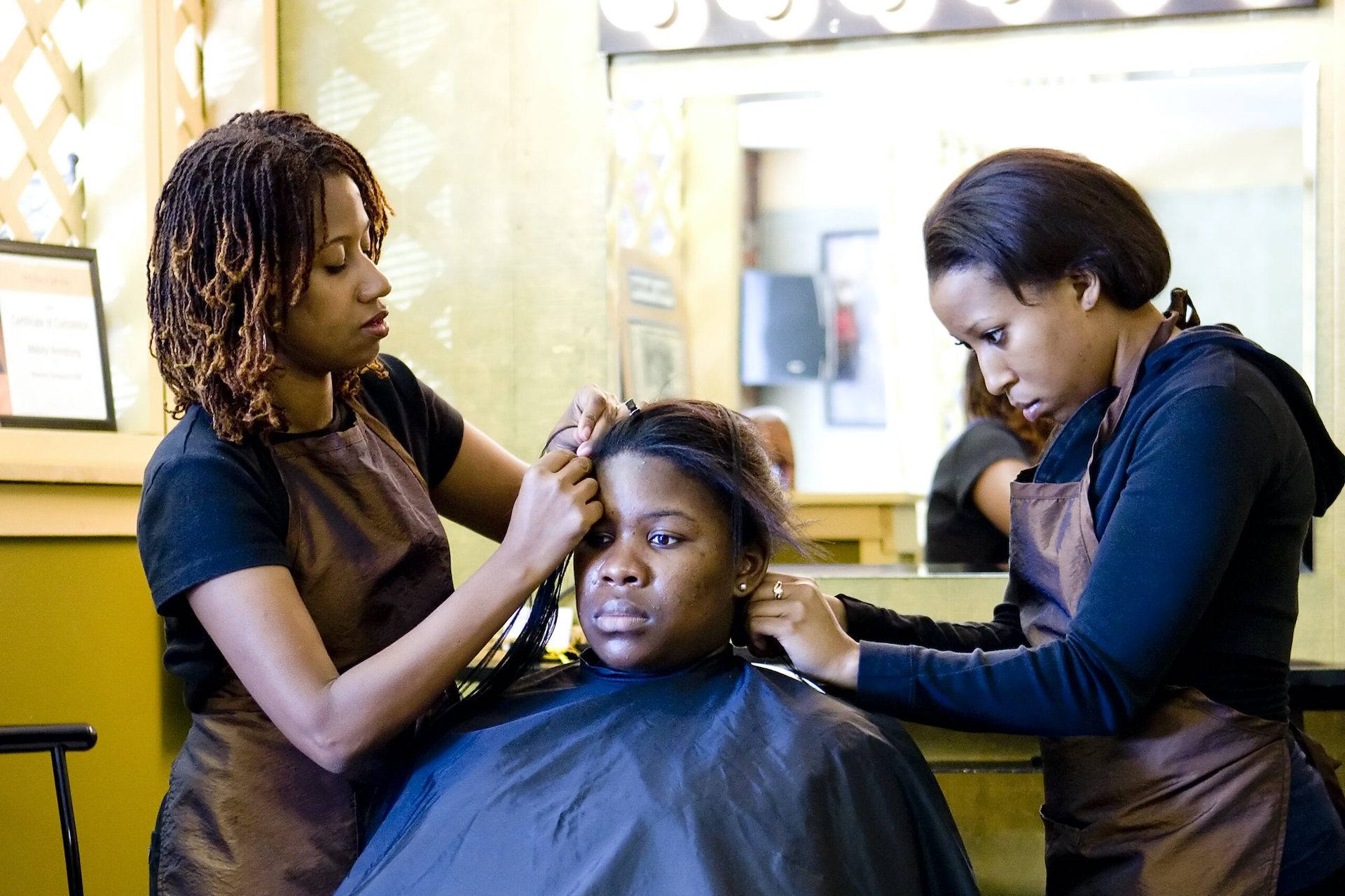Paving the way for thousands to work

In 2004, a hair braider from Tupelo named Melony Armstrong brought a lawsuit against the state of Mississippi over irrelevant and unnecessary licensing requirements. Nearly two decades later, there are more than 6,700 braiders in Mississippi.
Why did Melony take this path?
At the time, Melony was working for other people and she decided she wanted to learn a skill that would enable her to open her own business. She loved the idea of natural hair care and took a short course in hair-braiding. She was hooked. She taught herself and practiced on people for free. As she gained skills, she began braiding out of her home. But she wanted a legal business, one that she could grow and develop.
So she reached out to the Mississippi Board of Cosmetology.
After a few months, the Board decided she would need a wigology license to braid hair. A wigology license requires only 300 hours of class and would allow her to braid, weave and use hair extensions (which are part of almost all braided styles).
After completing those steps, Melony opened Naturally Speaking, the only natural haircare establishment in Tupelo. Business was good, but remembering how difficult it was to get her license, she decided to teach braiding herself. She called the Board again and discovered yet another regulatory hurdle. Mississippi does not allow wigology schools. To learn wigology, students must go to a cosmetology school; to teach wigology, instructors must get a cosmetology instructor’s license. Mississippi does not offer a wigology instructor’s license.
To braid legally in Mississippi, Melony had to spend 300 hours in a wigology program that doesn’t teach braiding. Now, to teach braiding legally in Mississippi, Melony would have to spend 3,200 hours in a cosmetology program (1,200 hours) and a cosmetology instructor program (another 2,000 hours), neither of which teach braiding.
All told, Melony would have to spend three years of year life taking classes on how to give perms and apply makeup, while learning nothing about hair braiding.
None of this made sense.
So in 2004, Melony teamed up with the Institute for Justice and filed a civil rights lawsuit challenging the state’s cosmetology laws. In response, the state legislature exempted hair braiders from cosmetology regulations. And with that, you were free to legally braid hair by paying a $25 registration fee and completing a self-test on health and sanitation guidelines.
Because of this change, there are more than 6,700 hair braiders legally working in Mississippi. Lawmakers go out of the way to say they are creating jobs or creating the right atmosphere for job growth. They often have a lot of grand plans, but as we saw with hair braiders it is often one small change where the government steps back, lets entrepreneurs pursue their dreams, and the market follows.
How else do we know this works?
We can look to our southern neighbors. In Louisiana, which still licenses hair braiders, the state only had 19 registered braiders (as of 2019). Even though Louisiana has both a larger black population and African immigrant population than Mississippi.
Mississippi was keeping people from working because of unnecessary regulations. Louisiana still is.
And for the record, there have been zero complaints with the health department over the 17 years of unlicensed hair braiders in Mississippi.
Since the state freed hair braiders, they have also expanded worker freedom for the safe cosmetology practices of eyebrow threading, applying makeup, and applying eyelash extensions.
But with nearly 25 percent of occupations nationwide requiring an occupational license, we know more work is needed. We have the model of freeing entrepreneurs. We just need to follow it.
You can help reform regulations in Mississippi. Please sign the petition below.
